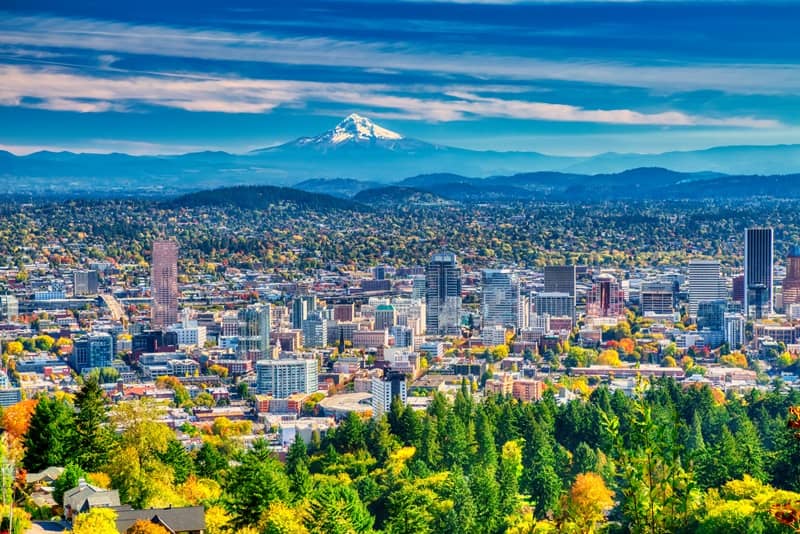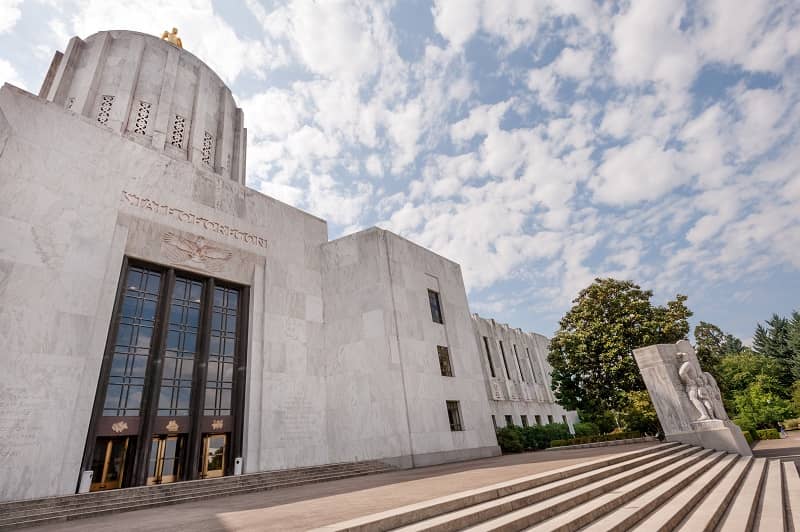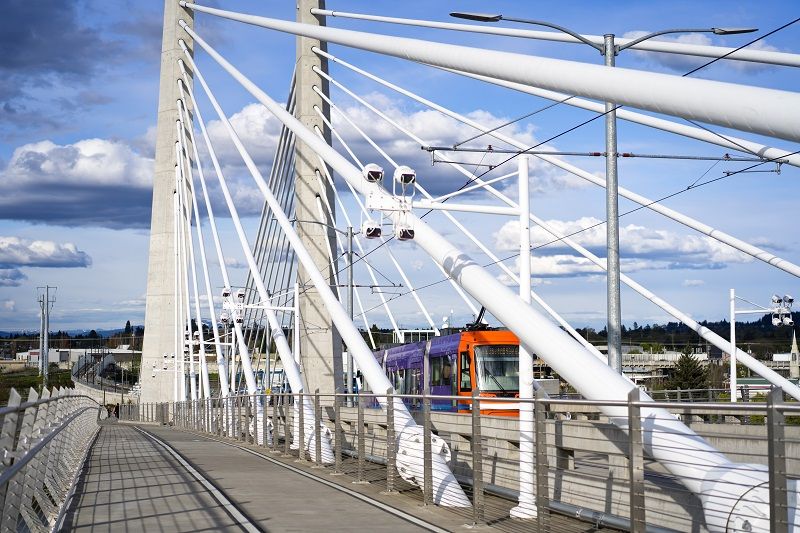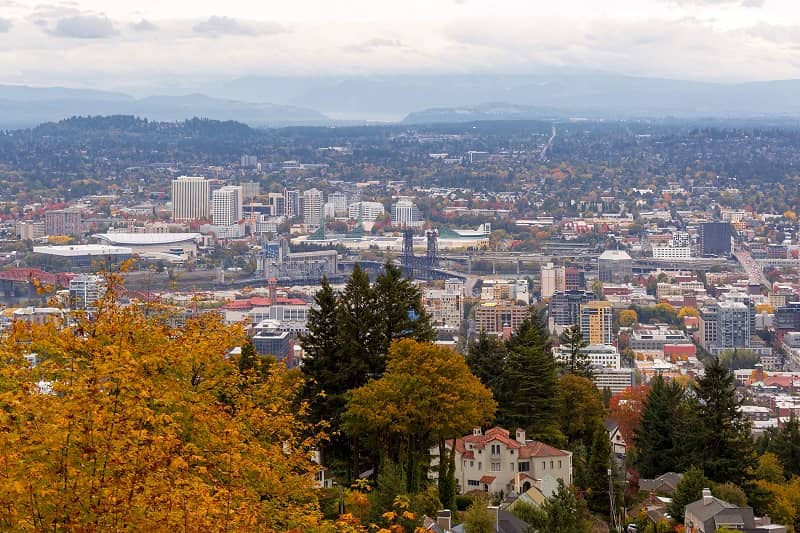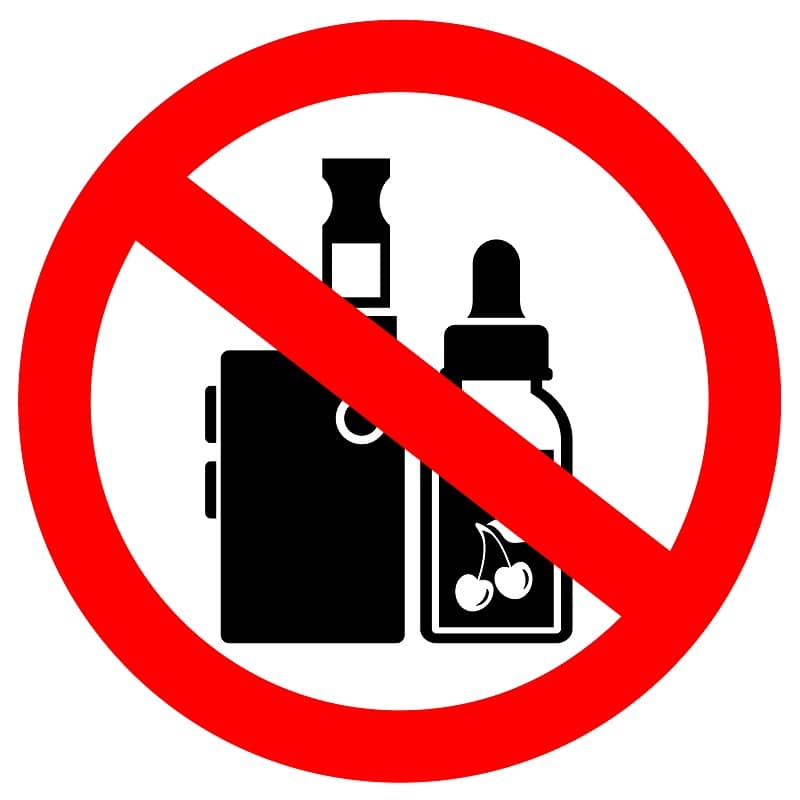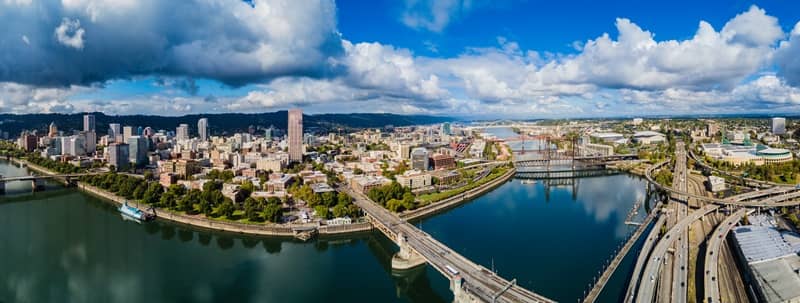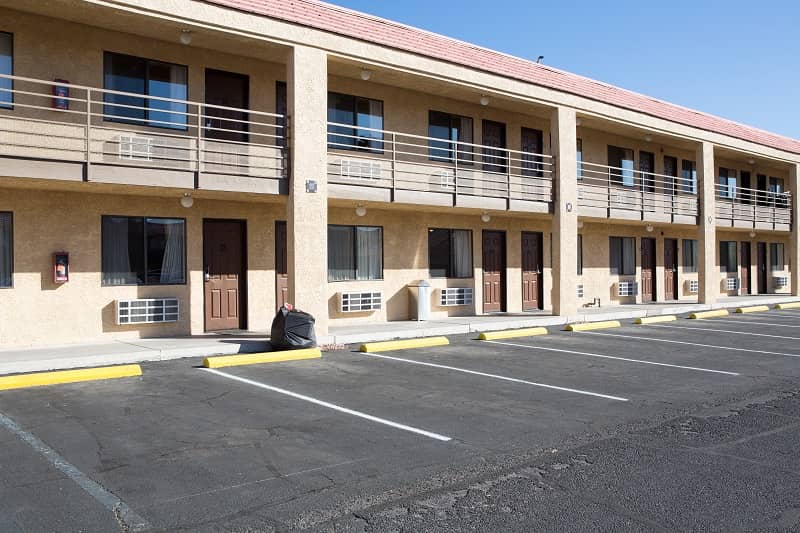Testimony of John A. Charles, Jr.
President & CEO, Cascade Policy Institute
Before the Senate Business and Transportation Committee
In support of SB 656, SB 657, and SB 659
April 3, 2017
The Public Purpose Charge (PPC) was originally authorized by the legislature to run for 10 years: from March 2002-March 2012. It was anticipated that subsidies for conservation, renewables, and market transformation would no longer be necessary after that time.
The chart below shows that the original forecast was correct. PPC administrators are running out of things to do. The low-hanging fruit for retrofits has been picked, and newer homes have been built to stringent energy codes. The mission has largely been accomplished.
Therefore reducing the PPC from 3% to 2%, as called for in SB 657, is appropriate. In 2019 you should drop it by another percent, and then phase it out entirely in 2021.
Keep in mind that the Energy Trust receives additional ratepayer funding through the “increment” allowed under SB 838. During 2017, that increment will more than double the amount of money that ETO will receive from the basic PPC. Therefore, the Trust would continue to have significant funding regardless of what you do with these bills.
Ratio of Energy Benefits (kWh saved or generated) to Expenditures
All PPC Administrators
| 2003-2004 | 2005-2006 | 2007-2008 | 2009-2010 | 2011-2012 | 2013-2014 | 2015-6/2016 | % change, 2003-6/2016 | |
| ETO Conservation | 5.7 | 6.6 | 6.7 | 4.4 | 4.5 | 5.3 | 3.4 | -40% |
| ETO Renewables | 13.8 | 4.0 | 33.5 | 1.6 | 1.4 | 2.0 | 1.6 | -88% |
| School districts | 0.8 | 0.6 | 1.0 | 0.5 | 0.5 | 0.3 | 0.4 | -50% |
| OHCS low-income | 1.3 | 0.9 | 0.7 | 0.5 | 0.8 | 0.4 | 0.6 | -54% |
| Self-direct (conservation) | 7.2 | 3.2 | 4.3 | 5.2 | 3.0 | 2.5 | 3.8 | -47% |
Source: Biennial reports to the Legislative Assembly on PPC expenditures, all years.
Since the PPC was first authorized in 1999, it has escaped scrutiny by the legislature. The oversight called for in these bills is long overdue and I encourage your support.
John A. Charles, Jr. is President and CEO of Cascade Policy Institute, Oregon’s free market public policy research organization.

